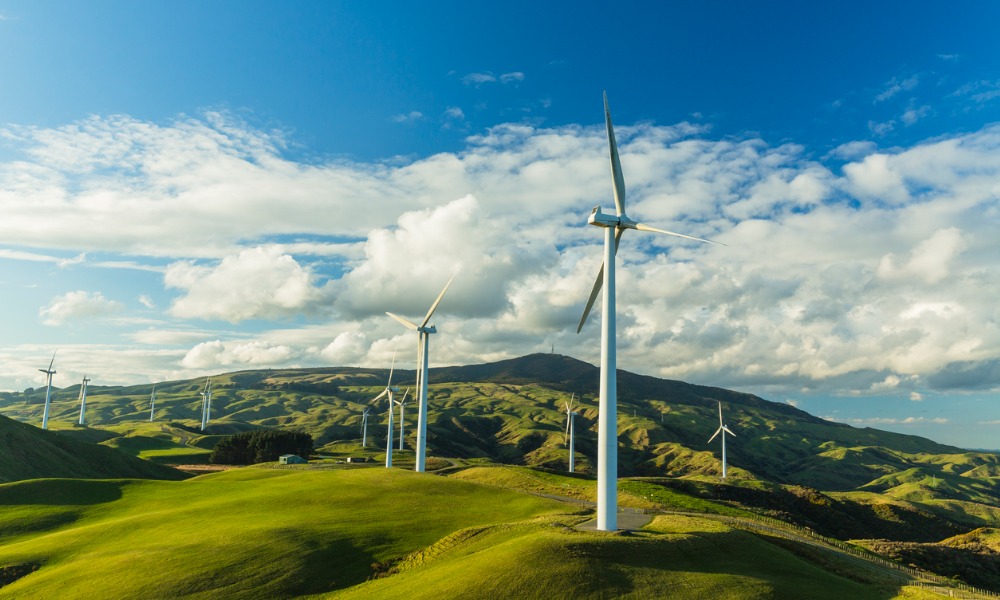
'That has to be led by our Māori employees,' says CPO

In New Zealand, where diversity and inclusion are no longer mere buzzwords but essential components of organisational success, forward-thinking organisations are increasingly prioritising Te Ao Māori strategies as a crucial part of their initiatives.
This shift is fundamentally about recognising and embracing the values, wisdom, and worldviews of tangata whenua and making them integral to constructing a more equitable workplace.
At Genesis Energy, they place particular significance on Te Ao Māori.
"Being 51% Crown-owned, there's a particular obligation to be to be a really strong employer for our Māori employees,” Claire Walker, Chief People Officer at Genesis, told HRD.
The company adopted a two-pillar approach to their Te Ao Māori strategy – focussing on the both commercial perspective and the more employee-centric perspective.
“The commercial strategy is around the growth of the business, the resources that we use, largely being land, air, wind, sun, solar, water,” said Walker. "So, growth of our business requires a lot of those things, and they're things that clearly our Māori communities have a really strong connection to.”
From an employee standpoint, Walker highlights Statistics NZ reports that show by the early 2040s, one in three children in Aotearoa is likely to identify as tamariki Māori. Given these demographic shifts, Abecoming an attractive employer for these communities is imperative for any organisation seeking to shape its future workforce, she says.
“I think it’s also an expectation from employees – that they want a genuine and authentic way of acknowledging that we are operating in New Zealand and it’s a bicultural country.”
A recent survey of Genesis Energy's employees revealed that they felt the company had been successful in acknowledging, recognising, and celebrating Māori culture through initiatives like Te Wiki o Te Reo (Māori Language Week). However, employees expressed a desire for more substantial efforts.
“We really needed to be encouraged to think more deeply about things like equity when it comes to our Māori employees, how we ensure that there are those pipelines through to leadership development and into more senior roles and representation, more senior levels in the business,” said Walker.
Now, the company is aiming to establish a more meaningful expression of Te Ao Māori in the business by examining the employee experience through a Te Ao Māori lens. Recognising the strong and engaged Māori workforce, which is eager to co-design a strategy for becoming a strong employer of indigenous New Zealanders, Walker cited a quote that originated from the disability sector: “Nothing about us, without us.”
“[It’s aboutA] how we resolve this is to work with our Māori employees and key stakeholders to understand why is this important, and then get really clear on what it is that we want to achieve,” she said.
Genesis Energy is shifting its focus from gestures, such as naming meeting rooms with Māori names, to genuinely comprehending the organisation's heritage, said Walker.
“We’ve done all the acknowledging and celebrating, but now we have to focus on what is our obligation under the Treaty of Waitangi, and how do we honour that? But that has to be led by our Māori employees.”
The co-design process involves working closely with senior leaders who whakapapa Māori, thereby bringing authentic perspectives into the strategy. By leveraging the expertise and maturity present in parts of the business where Te Ao Māori integration is more advanced, Genesis aims to broaden its Te Ao Māori strategy across the organisation, she said.
This approach ensures that the strategy is driven by those who are most directly impacted, making it more authentic and meaningful.
“Ultimately, we're talking about equity,” said Walker. “Diversity is a fact, we have diversity; inclusion, we want to be an inclusive workplace. Ultimately, the equity is kind of the pointy end, isn’t it, when it comes down to outcomes, or different groups. But it’s an area that I'm particularly motivated to get right. I have a strong sense of social justice and it's something I've always linked into.”